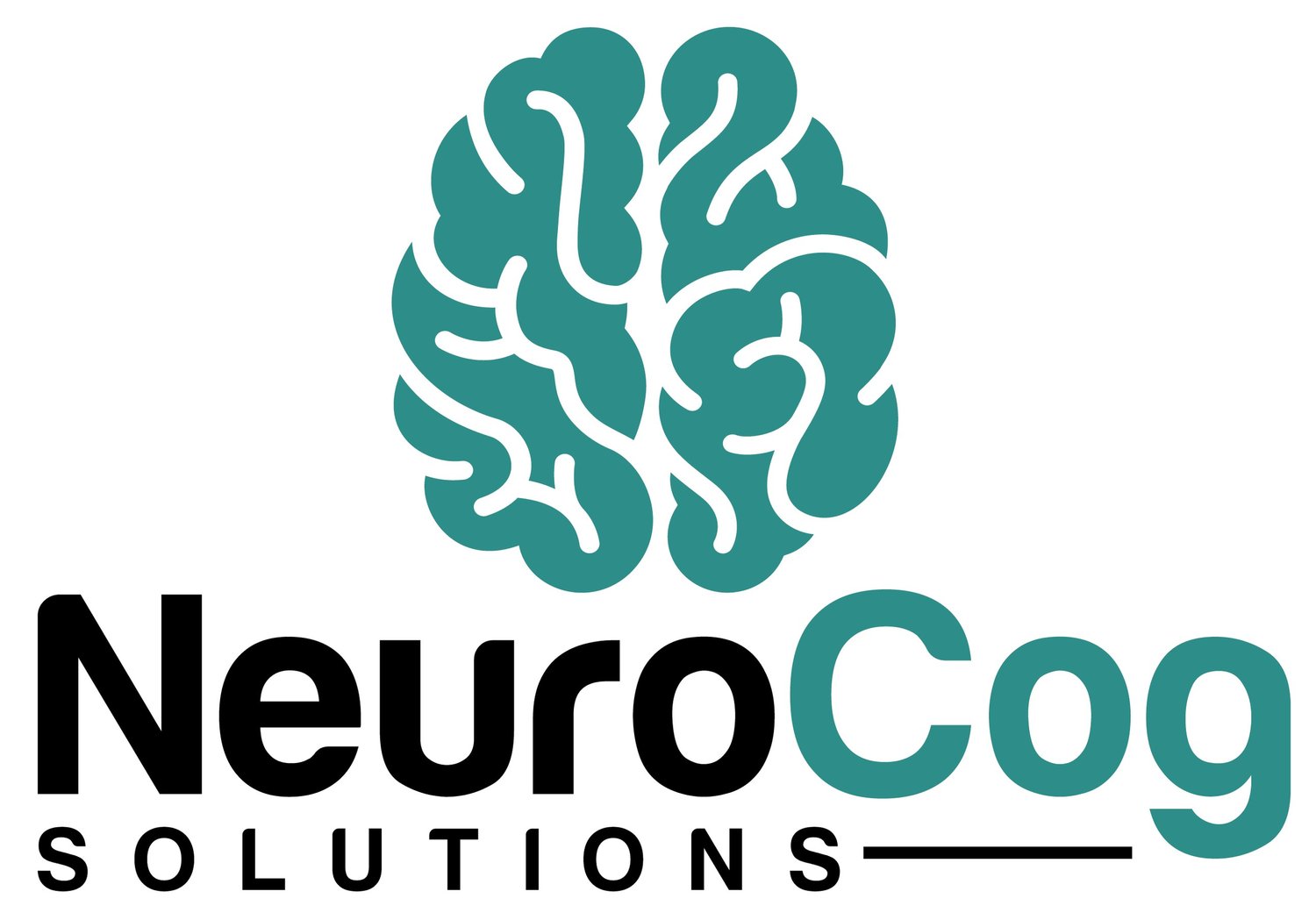
Alzheimer’s Disease
What is Alzheimer’s Disease?
Alzheimer’s disease is a brain disorder that worsens over time and slowly destroys memory and thinking skills. As it progresses, it eventually interferes with the ability to carry out simple daily tasks. Most people affected are 65 and older, but there is an early onset type of Alzheimer’s disease that can present early in age.
Alzheimer’s disease is the most common type of dementia. Dementia is the loss of cognitive skills (e.g., thinking, remembering, reasoning) and behavior. Dementia ranges from mild in the beginning stages to severe when the person depends fully on others for basic activities of daily living.
What causes Alzheimer’s disease?
Changes in the brain can begin 10 years or more before memory and other cognitive problems occur. Although appearing symptom free, toxic changes are already taking place in the brain including a build up of amyloid plaques and tau tangles. Brain cells lose communication with one another and die. The damaged cells are usually found in the memory forming part of the brain (hippocampus and entorhinal cortex). Overtime, this spreads to other areas of the brain and the brain shrinks in size overall. While the exact cause is not fully understood, there are several factors that may play a role:
For early-onset (younger than 65 years old), a genetic mutation may be the cause.
For late-onset (65+), the cause probably includes a combination of genetic, environmental, and lifestyle factors.
What are the symptoms of Alzheimer’s disease?
There are many symptoms associated with Alzheimer’s disease, and symptom presentation often varies from person to person.
Memory:
repeating self in conversation
misplacing things
forgetting conversations or plans
getting lost
in the earlier stages, trouble making new memories (e.g., remembering day to day information) but able to remember their past history
in the later stages, forgetting their past history or old information (e.g., names of loved ones)
Language:
word finding problems
trouble organizing thoughts
trouble understanding what others are saying
trouble understanding what they are reading
Executive Functions:
multitasking or switching back and forth between tasks (e.g., driving)
decision making and judgment (e.g., financial skills, weather appropriate clothes)
problem solving (e.g., figuring out how to fix something)
planning and performing multi-step tasks (e.g., cooking a recipe)
Personality and Behavior:
mood swings
agitation or anger outbursts
denial
depression
apathy (don’t care)
social withdrawal
delusions or paranoia (e.g., distrust, beliefs that others are stealing)
wandering
sleep changes
less inhibited (i.e., don’t filter what they say, act inappropriately)
Is there a cure for Alzheimer’s disease?
Currently, there is no cure for Alzheimer’s disease. While there is no cure, there are lifestyle changes that can reduce your risk and treatments and that can slow the progression of Alzheimer’s.
Lifestyle changes include:
exercise regularly to reduce cardiovascular risk
eat a brain healthy diet such as fruits (berries), green leafy vegetables, salmon, nuts, beans, healthy oils (olive oil), and foods low in saturated fat
follow physician recommendations to manage high cholesterol, high blood pressure, and diabetes
don’t smoke
Treatments/Interventions include:
medications
regular exercise
diet changes
cognitive training and use of compensatory strategies (e.g., memory journal)
stress management
engage in socializing
maintain a structured daily schedule which includes healthy meals, physically and cognitively stimulating tasks, and leisure
Support for Families and Caregivers:
Caring for a loved one with Alzheimer’s disease can take a toll on emotional, physical and financial well being. Caregivers are at increased risk for depression, anxiety, and social isolation. In addition, caregivers may neglect their own health because of the demanding role. The experience role changes and the stress of decision making for daily care and/or facility placement.
Know your community resources:
Learn about local caregiver support groups, Medicare vs. Medicaid, educational seminars, respite services, and long-term planning
The Alzheimer’s Association has a 24/7 hotline you can call for support or to ask questions about resources in your area. Call 800-272-3900. You can also search for resources near you on https://www.communityresourcefinder.org/
For future planning, check out https://www.caring.com/senior-living/assisted-living/
Alzheimer’s and related Dementias Education and Referral (ADEAR) Center: 800-438-4380, adear@nia.nih.gov or https://www.alzheimers.gov/
ADEAR staff members answer phones, emails and letters and make referrals to local and national resources.
Eldercare Locator: 800-677-1116 or https://eldercare.acl.gov
Family Caregiver Alliance: 800-445-8106
Build a strong support network
Practice good coping skills
Eat healthy
Exercise
Get good sleep
Participate in meaningful activities
Get outside for fresh air
Take time for deep breathing
Work with professionals to learn how to cope with the changes and manage difficult behaviors. For example, some communication styles may decrease conflict:
Don’t argue or try to rationalize with irrational behavior
Be flexible. Pick your battles. Let things that are not safety issues go (is it really worth an argument?)
View behavior as the disease, not a personal attack
Use clear, simple, one-step requests/questions
Offer choices
Talk in a calm tone; others can mirror behavior so if you are yelling or angry, your loved one may yell and get angry too
